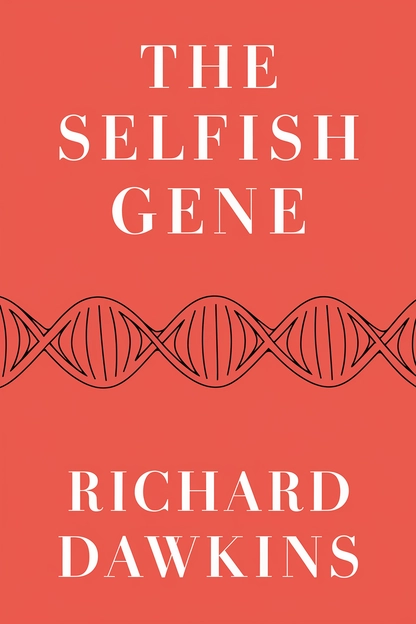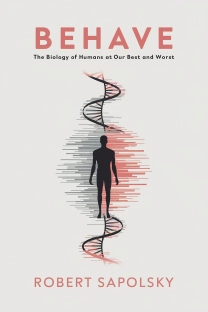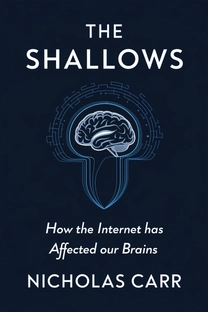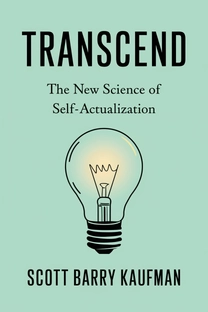
The Selfish Gene
by Richard Dawkins
Brief overview
This book explores how evolution by natural selection drives genes to act in apparently selfish ways, while simultaneously explaining surprising acts of cooperation and kindness. It illustrates how individual behavior, social interactions, and even cultural developments can be understood by focusing on the interests of genes. Although scientific in its foundation, it offers an inspiring framework to see ourselves as capable of challenging genetic impulses through conscious choice.
A New Perspective On Evolution
Evolution is often explained as survival of the fittest individual or species. However, a more revealing view focuses on genes—the fundamental units that get passed on. When seen through the lens of genes, many puzzling behaviors become clear. Instead of individuals striving for the good of their group or species, they appear to be vehicles that genes build and control. This shift in perspective helps illuminate why organisms behave in ways that maximize the spread of their own genes, even if those actions seem ruthless. Yet it also reveals scenarios in which genes benefit by promoting cooperation and empathy. In short, what might seem contradictory in nature can make sense when we see genes as the prime beneficiaries.
Without understanding the power of genes, one might assume animals act for the survival of the species. But truly, any evolutionarily successful trait persists because it helps genes thrive, not necessarily entire groups. This gene-centered orientation encourages us to interpret survival tactics—like seeking food or defending offspring—as investments in gene propagation. Still, this view does not demand a cynical or fatalistic picture of life. It merely emphasizes how natural selection, over millennia, has shaped instincts that tilt creatures toward preserving their genetic lines. It also sets the stage for uncovering surprising forms of altruism.
From this vantage point, bizarre or extreme examples of animal behavior are explained as gene-driven strategies. Whether it is a self-sacrificing ant or a parasitic bird, the outcome can stem from one genetic advantage overshadowing another. Once we adopt this framework, many perplexing mysteries in biology become clearer.
Replicators And Survival Machines
Life likely began with primordial molecules that could replicate. Over immense time, these “replicators” honed cooperative techniques to protect themselves, eventually grouping into more complex entities. Today, genes serve as these replicators, and bodies—including ours—are essentially vehicles built to protect and propagate them. While every gene is chemically similar, they create incredible variety by directing protein synthesis. The traits we see—say, bright feathers in a bird—reflect genes that succeeded in past environments. Natural selection edits out patterns that fail to replicate effectively.
Behaviors can be understood similarly: a behavior that aids gene survival is favored by selection. For instance, a caddis-fly larva builds a protective shell out of stones. This success stems from genes that produce that shell-building instinct, ensuring those genes are more likely to be passed on to the next generation. Similarly, from sneaky parasites to camouflage tactics, genes fine-tune survival strategies. Malevolent or beneficial, the underlying question is whether the genes manage to copy themselves effectively. In that sense, “selfish genes” need not always produce selfish individuals. Sometimes they do the opposite.
Understanding replicators also highlights how personal success is intertwined with gene replication. Our cravings, fears, and preferences—like sweet tastes or aversion to harmful situations—arise because ancestors carrying those traits tended to survive and reproduce. In that way, the mind is deeply influenced by ancient replicator demands.
What is The Selfish Gene about?
The Selfish Gene by Richard Dawkins takes readers on a fascinating exploration of how evolution unfolds through the lens of individual genes. By emphasizing genes as primary drivers, the book offers a fresh perspective that illuminates seemingly puzzling behaviors—like cooperation and altruism—by revealing their hidden genetic advantages. This gene-centered approach to natural selection allows us to see how traits persist or vanish depending on their contribution to a gene’s survival.
Yet, Dawkins also discusses the unique power humans have to rise above narrow genetic impulses. Through thought-provoking examples ranging from social insects to cultural “memes,” readers gain insight into how biology shapes our decisions, while still leaving room for conscious choice. The result is a compelling framework that challenges conventional ideas about evolution and refines our understanding of human behavior.
Review of The Selfish Gene
One of the book’s key strengths is its engaging explanation of advanced topics in evolutionary science, making complex ideas accessible to a wide audience. Dawkins does more than simply discuss how genes behave—he imparts a practical grasp of why altruism can emerge in nature and how cultural factors, or memes, may steer us down new evolutionary paths. This clarity helps readers link biological principles to real-life scenarios, including parenting conflicts and social cooperation.
While thought-provoking for specialists, The Selfish Gene is still approachable and invites those outside the field of evolutionary biology to reflect on how genes and environment intertwine to shape behavior. Dawkins offers a balanced writing style that respects scientific rigor while maintaining a conversational tone. Anyone intrigued by evolution’s influence on politics, philosophy, or day-to-day decisions will find real value here. If you’re ready to broaden your perspective on natural selection and the roots of human conduct, this book is a sound recommendation.
Who should read The Selfish Gene?
- Biologists and geneticists seeking a deeper look at gene-focused evolutionary theory
- Psychologists curious about the biological underpinnings of altruism and rivalry
- Educators or students who want clear, real-world examples of how evolution operates
- Philosophers or ethicists examining human agency from a scientific viewpoint
- General science enthusiasts drawn to the bigger picture of how genes shape behavior
About the author
Book summaries like The Selfish Gene
Why readers love Mindleap
10-Minute Book Insights
Get the core ideas from the world's best books in just 10 minutes of reading or listening.
Curated For You
Discover your next favorite book with personalized recommendations based on your interests.
AI Book ExpertNew
Chat with our AI to help find the best book for you and your goals.
Reviews of MindLeap
Love how I can get the key ideas from books in just 15 minutes! Perfect for my busy schedule and helps me decide which books to read in full.
Alex R.
The summaries are incredibly well-written and the audio feature is perfect for my commute. Such a time-saver!
Jessica M.
Great app for personal growth. The insights are clear and actionable, and I love how they capture the essence of each book.
Chris P.
The app is beautifully designed and the summaries are top-notch. Definitely worth every penny!
Sarah K.











